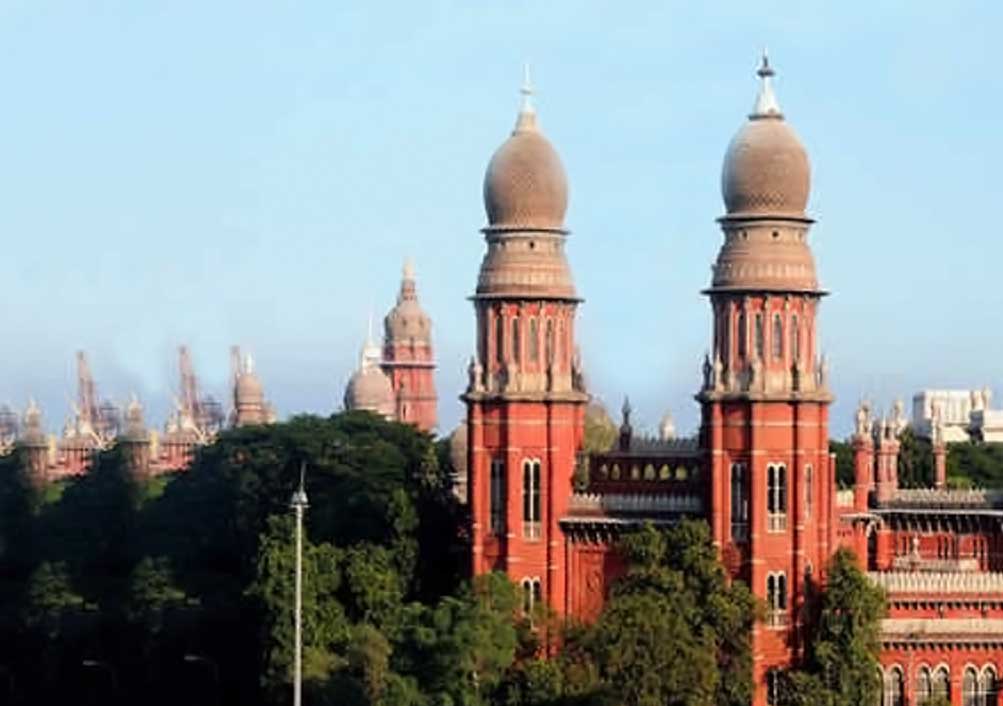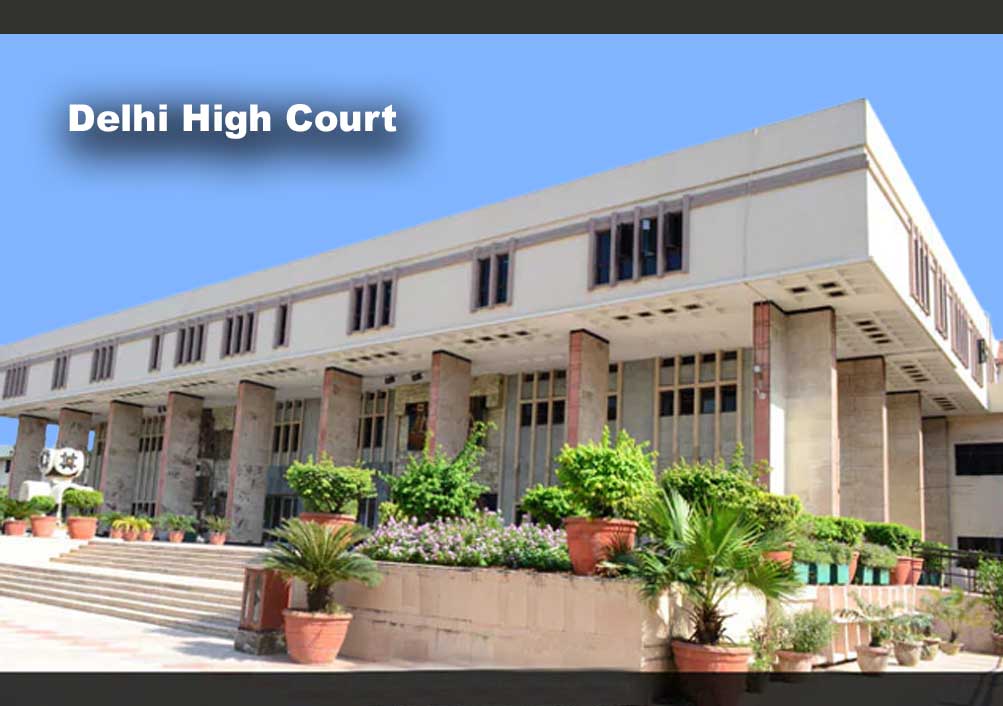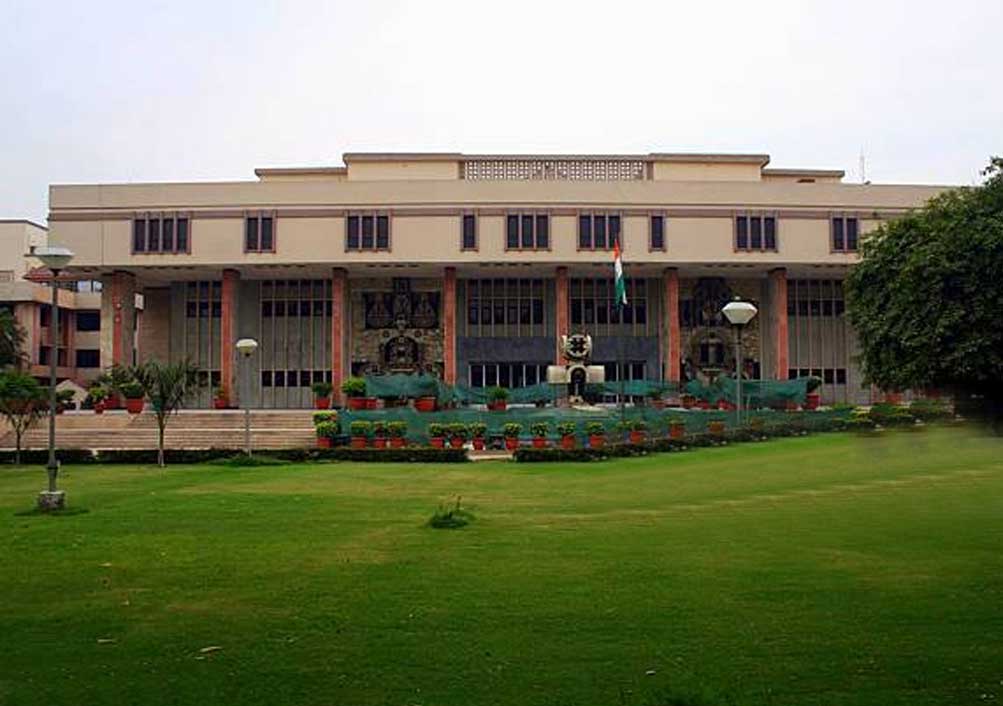Accused cannot have name redacted from court documents upon acquittal: Madras High Court

Read Judgement: Karthick Theodre v. The Registrar General and ors
Pankaj Bajpai
Chennai, August 4, 2021: Deviating from its earlier prima facie view that an accused has a right to have his name redacted from court orders and judgments upon his acquittal, the Madras High Court has ultimately concluded that the right to be forgotten cannot exist when it comes to judgments of the Court.
“This Court honestly feels that our criminal justice system is yet to reach such standards where courts can venture to pass orders for redaction of name of an accused person on certain objective criteria prescribed by rules or regulations,” observed a Bench of Justice N. Anand Venkatesh.
“It will be more appropriate to await the enactment of the Data Protection Act and Rules thereunder, which may provide an objective criterion while dealing with the plea of redaction of names of accused persons who are acquitted from criminal proceedings. If such uniform standards are not followed across the country, the constitutional courts will be riding an unruly horse which will prove to be counterproductive to the existing system,” the Bench said.
The High Court, however, said, an exception to the aforesaid position can be seen in cases of victims of rape and other sexual offences.
The High Court also observed that the sanctity of an original record cannot be altered or otherwise dealt with except in a manner prescribed by law. Further, the prerogative power of the Court under Article 226 does not extend to direct alteration of its own records.
The Bench, however, accepted that the moment the Judge records an order of acquittal, the identity of a person as an accused is completely wiped out which takes place due to the operation of law.
However, while undertaking the process of redaction, a Court is called upon to literally strike of the name of the person from the order or judgment which recorded the acquittal of the person from the criminal proceedings, added the Bench.
Noting that an identity which has already been wiped out by operation of law is sought to be wiped out at a gross level wherever there is reference to the name in the order or judgment, the Bench was canvased as to the level of jurisdiction where the process of redaction should be done.
“At the outset, this Court came to a prima facie conclusion that an accused person is entitled to have their name redacted from the judgments or orders and more particularly the ones that are available in the public domain and which are accessible through search engines,” the Bench said.
“However, this Court felt that there may be ramifications if such a generalised order is passed and directions are issued. In other words, this Court felt that there are certain finer aspects which have to be considered failing which, it may open up flood gates,” it observed.
The High Court further said that initially, it was also inclined towards right to privacy, right of reputation and right to live with dignity being read to have a wide scope. However, the Court felt that it had to come to the rescue until the legislature ultimately enacts the Data Protection Act.
While reiterating that the order or judgment of acquittal that saves the honour of a person whose name has already been tarnished due to earlier publications which are readily available on search engines, the Court pointed out India does not have a system as available in the United States of America, where through a Court order there can be complete destruction or expungement of the entire records of an accused person who is acquitted.
The High Court further went on to observe that if the system is looking for identifying an effective right for a person acquitted in a criminal proceeding, it must be a consummate relief and there is no use in just erasing the name in a final judgment or order. In fact, it may prove to be counterproductive for a person to get their name erased from a judgment or order to prove their innocence, where there are other materials available in public domain, which pertains to damning their name when the criminal proceedings actually commenced, the Bench observed.
The High Court therefore opined that “judgments of courts being public records, the right to privacy cannot subsist”.
“It would, therefore, follow that the ‘right to be forgotten’ cannot exist in the sphere of administration of justice particularly in the context of judgments delivered by Courts,” the High Court said, adding, “An exception to the aforesaid position can be seen in cases of victims of rape and other sexual offences where the Supreme Court itself has directed that the identity of victims cannot be disclosed [See Nipun Saxena v Union of India]”
Further, the HC said there is no law in India akin to the General Data Protection Regulation (GDPR) for the European Union, wherein a “right to erasure” is provided for. “In the absence of any statutory backing this Court cannot undertake the exercise of issuing directions when no judicially manageable standards exist in the first place,” added the Bench.
The High Court therefore concluded that unless uniform standards are followed across the country for redaction of names of accused persons who are acquitted from criminal proceedings, through Data Protection Act, the constitutional courts will be “riding an unruly horse” which will prove to be counterproductive to the existing system.
Sign up for our weekly newsletter to stay up to date on our product, events featured blog, special offer and all of the exciting things that take place here at Legitquest.




Add a Comment